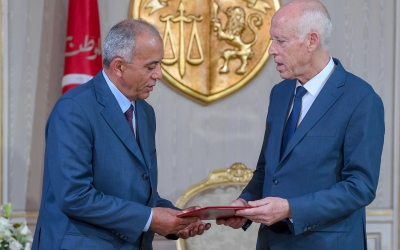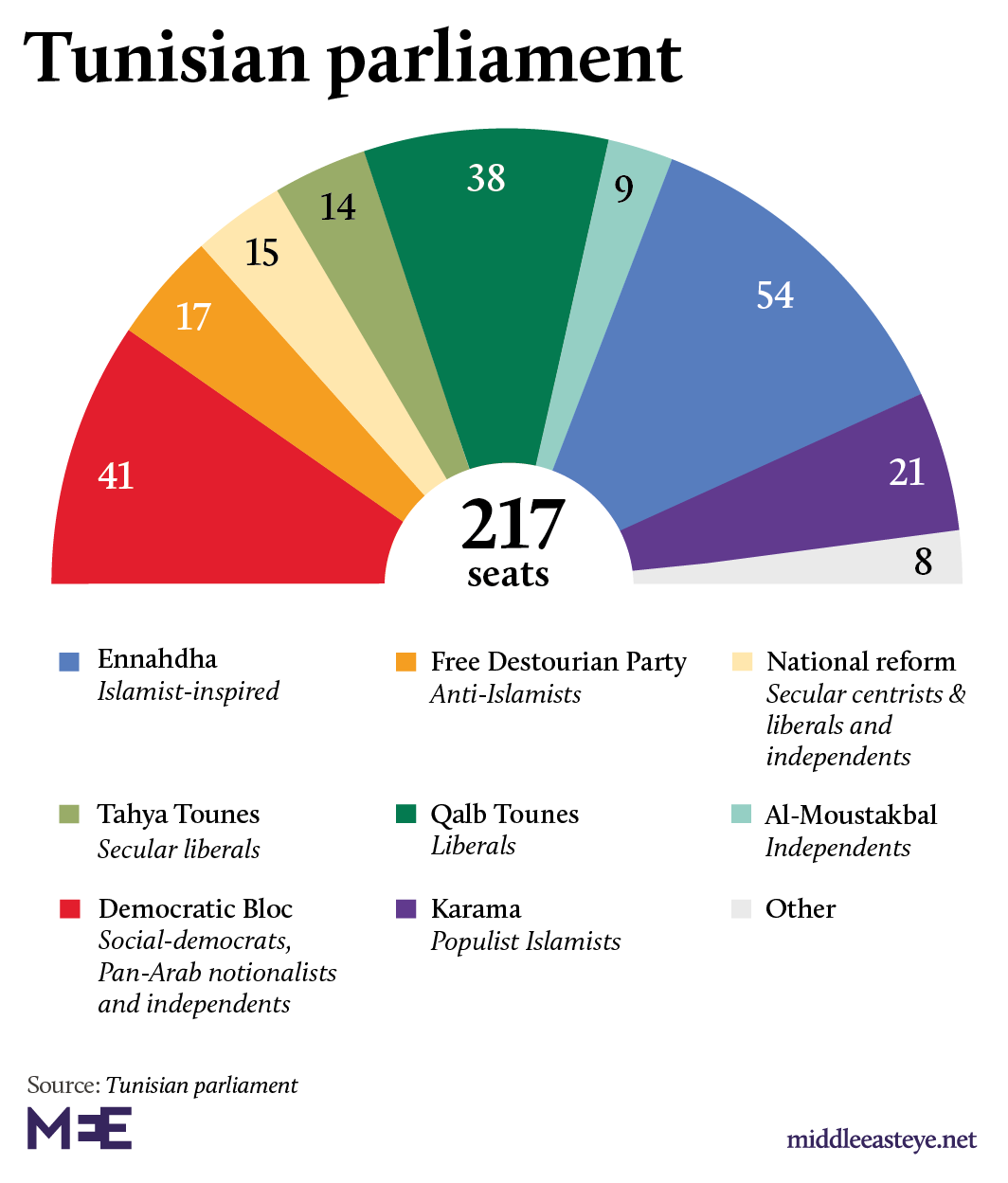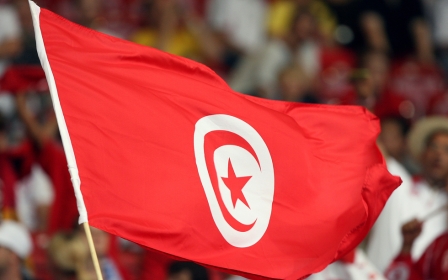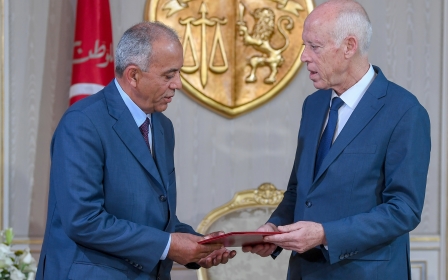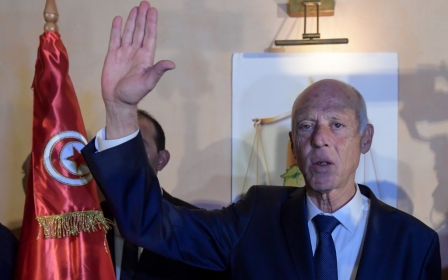'Not interested': Two Tunisian parties reject role in fledgling coalition
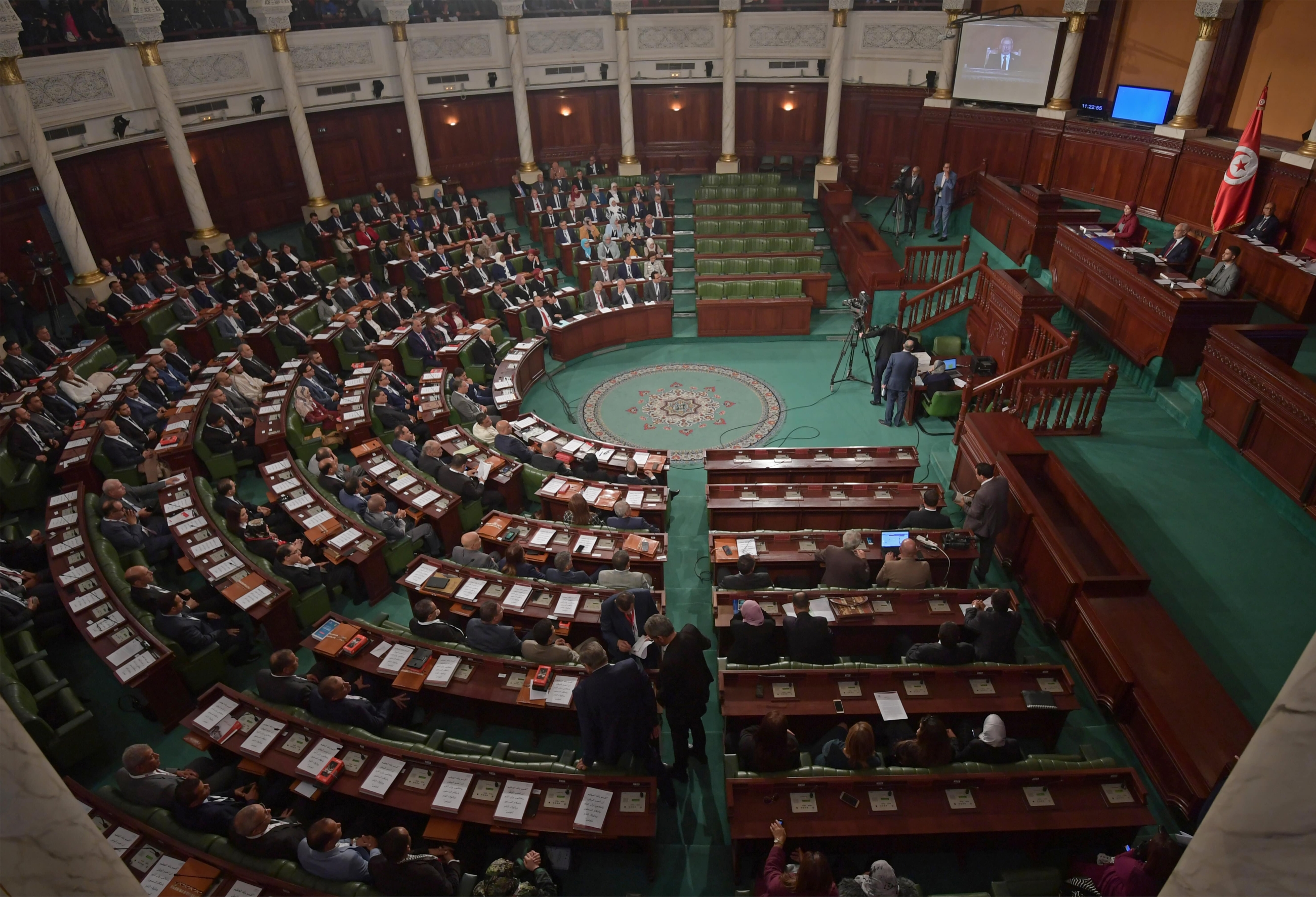
Two major political parties in Tunisia said they will not join the government of Prime Minister-designate Habib Jemli, raising the spectre of a weak ruling coalition and even the possibility of early elections.
Mohamed Abbou, the leader of the Attayar Party, said that he would neither participate nor support Jemli's government, after the PM-designate refused to give Attayar the ministries of interior and justice.
"My reasons for this decision are we have a different vision on the future of the country," Abbou told reporters in Tunis on Friday.
His comments came a day after the Achaab Movement also walked away from coalition talks with Jemli, who last month was tasked with forming a government following October's parliamentary elections.
"We are not interested in taking part in the Jemli government," Achaab said in a statement.
New MEE newsletter: Jerusalem Dispatch
Sign up to get the latest insights and analysis on Israel-Palestine, alongside Turkey Unpacked and other MEE newsletters
The decision may lead Jemli, who was put forward as prime minister by the moderate Islamist Ennahda party, to instead seek to bring the Qalb Tounes party into his government.
Jemli, who describes himself as an independent, said last week that he would appoint independents who are unaffiliated with any of Tunisia's main political parties to head the interior, justice, defence and foreign ministries.
Ennahda accepted that decision, Jemli said at the time.
Fractured parliament
Jemli, 60, served as a junior minister in the first Ennahda-led government formed in late 2011 after the fall of longtime ruler Zine El Abidine Ben Ali amid a pro-democracy uprising.
He was hand-picked by the self-described "Muslim democrats" last month after they came in first in October's election.
Ennahda secured 52 parliamentary seats in the polls, but fell well short of the 109 needed to govern outright.
Since then, only the Conservative Karama coalition, which has 21 seats, has agreed to enter into a coalition with Ennahda.
Incumbent Prime Minister Youssef Chahed's Tahya Tounes party has also walked away.
Still, any plans of Jemli might have of bringing in Qalb Tounes, which finished second with 38 seats, remain unseen as Ennahda had previously said it would not seek to partner with its rival.
Ennahda also said it would not partner with the Free Constitutional Party, a staunchly secular party that has defended the record of the country's former strongman, Ben Ali.
If he is unable to form a government, the president can ask another party to try.
If that party also fails and the deadlock persists, there will be another election.
Analysts say a weak government that does not enjoy much political support may prove unable to resolve the economic problems that have plagued Tunisia since its 2011 revolution.
The North African country has a 15 percent unemployment rate, a large public debt and inadequate public services - problems that drove voters to reject the political establishment in this autumn's presidential and parliamentary elections.
Middle East Eye delivers independent and unrivalled coverage and analysis of the Middle East, North Africa and beyond. To learn more about republishing this content and the associated fees, please fill out this form. More about MEE can be found here.


